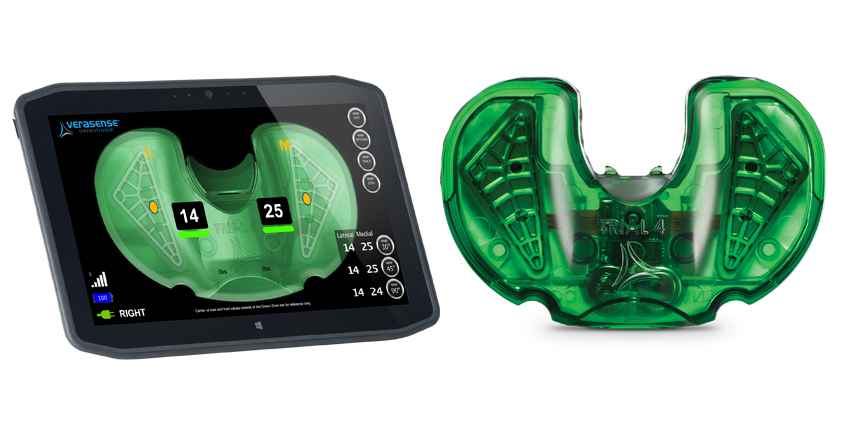
In recent years, the field of neuroscience has witnessed groundbreaking advancements, particularly in the realm of brain-computer interfaces (BCIs). These technologies, once confined to the realm of science fiction, are now paving the way for a future where individuals can control machines and devices simply through the power of their thoughts. At the forefront of this innovation is Synchron, a pioneering startup backed by notable figures such as Jeff Bezos and Bill Gates.
For any queries, feel free to reach us @ https://www.towardshealthcare.com/personalized-scope/5097
The Rise of Brain-Computer Interfaces
Understanding the Potential of BCIs
BCIs hold immense promise, particularly for individuals with neurological conditions or disabilities. By decoding brain signals associated with movement and cognition, BCIs enable users to interact with technology in unprecedented ways. From controlling prosthetic limbs to navigating computer interfaces, the applications of BCIs are vast and varied.
Synchron: Revolutionizing Neurotechnology
Synchron, spearheaded by a team of visionary researchers and engineers, is leading the charge in developing next-generation BCIs. Their flagship device, the Stentrode, represents a paradigm shift in neurotechnology. Unlike traditional brain implants that require invasive surgery, the Stentrode is implanted through blood vessels, minimizing the risks and complications associated with traditional brain surgery.
Human Trials and Promising Results
In February 2023, CNBC reported on Synchron’s groundbreaking achievements in the field of neurotechnology. The company successfully conducted early feasibility trials of the Stentrode, implanting it in seven human subjects across the United States and Australia. Initial results have been overwhelmingly positive, demonstrating the device’s efficacy in restoring motor function and enhancing quality of life for paralyzed individuals.
Smart Implants: Transforming Healthcare Delivery
The Promise of Magnetic Nanoparticles
In addition to BCIs, the integration of smart implants equipped with magnetic nanoparticles (MNPs) holds immense potential for revolutionizing healthcare delivery. These tiny, biocompatible particles can be embedded within the body to monitor health metrics and administer targeted therapies with unprecedented precision.
Remote Monitoring and Drug Delivery
Imagine a future where chronic diseases such as diabetes and cancer are managed with pinpoint accuracy, thanks to smart implants and MNPs. Physicians could remotely monitor patients’ health status in real-time, adjusting medication dosages and treatment regimens as needed. This level of personalized care has the potential to significantly improve patient outcomes and reduce healthcare costs.
Addressing Challenges and Ethical Considerations
While the prospects of smart implants are undeniably exciting, they also pose significant challenges and ethical considerations. Long-term safety, regulatory approval, and patient privacy are paramount concerns that must be addressed with meticulous care and attention. However, with rigorous research and collaboration between stakeholders, these obstacles can be overcome, paving the way for a future where smart implants are commonplace in clinical practice.
Shaping the Future of Healthcare
The convergence of brain-computer interfaces and smart implant technology represents a seismic shift in the landscape of healthcare. From restoring mobility to enhancing disease management, these innovative technologies have the power to transform lives and redefine the boundaries of what is possible. As companies like Synchron continue to push the boundaries of neurotechnology, we stand on the cusp of a new era in healthcare—one defined by innovation, empowerment, and above all, hope.
To own our advanced study @ https://www.towardshealthcare.com/price/5097
Access our Premium Real Time Data Intelligence Tool, Visit: www.precedencestatistics.com
Read More Snapshots of Smart Implants Market



